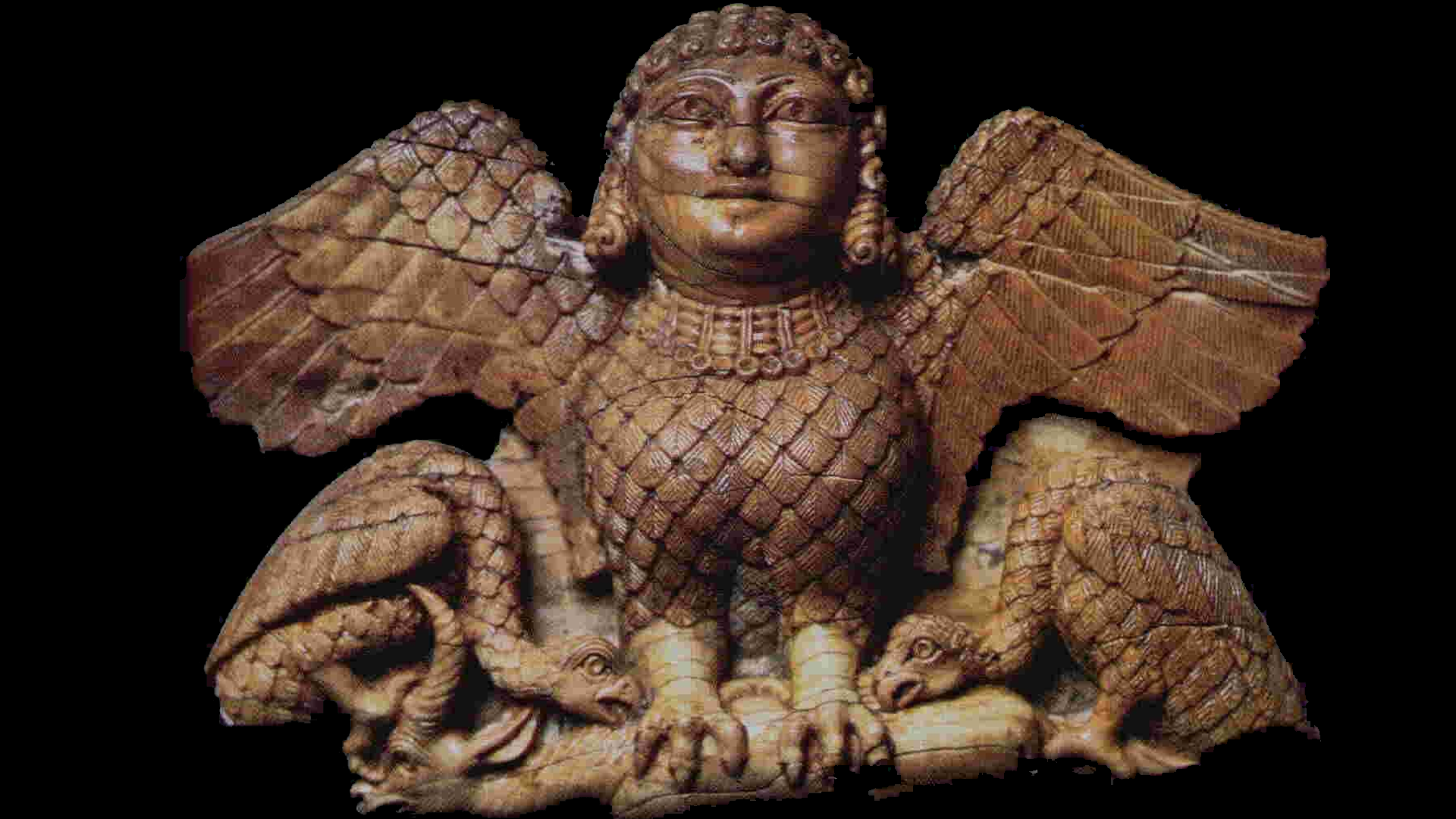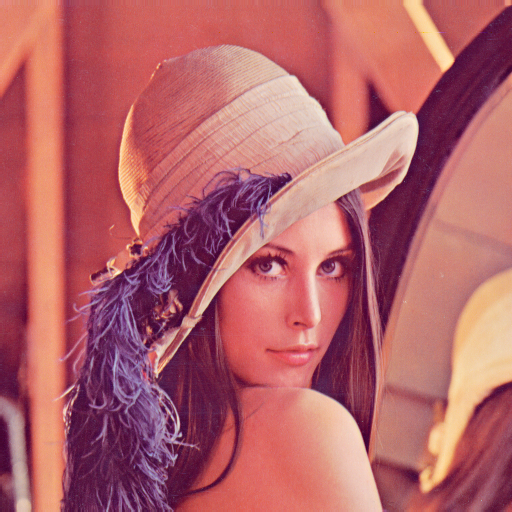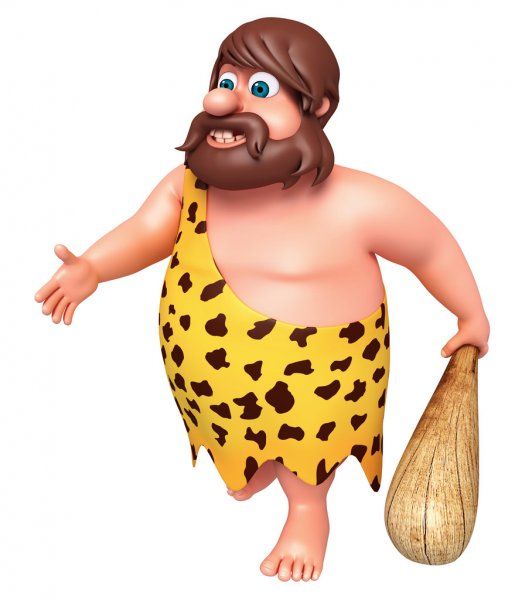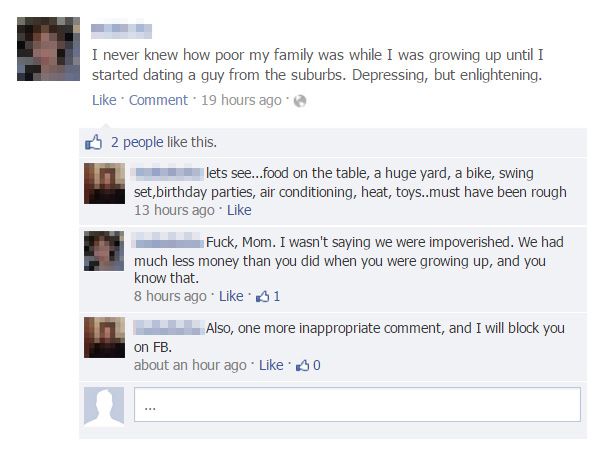Life is Standing in Line
We lie in wait for the future. Are we preparing for a better one for ourselves and others, or are we just taking up space, flailing along, trying to reach various end-states without paying attention to the little bits of actual minutiae that we own?

There is a profound difference between the way we humans talk about our existence and the way we actually exist.
For instance, it's not unusual for adults to ask children, "What do you want to be when you grow up?"
Most of the time we expect some sort of job title, like "Doctor", or "Policemen". Doctors have some of the highest suicide and burnout rates around, and the job of policeman (for many) is fraught with more and more complexity and less and less job satisfaction. These are things that we wouldn't wish on small children. They wouldn't wish it on themselves if they were aware that this would be their likely future.
No matter what the child answers, there are problems. Some jobs have higher mortality rates. Some jobs lead to more divorces. There's always a trade-off with any career. Nobody's perfect for every job. We can't predict the future. Since that's the case, what do we really want for our kids?
Some will try to get around this with a vague platitude, saying something like "I only want little Faye to be happy". That sounds pretty good, and it's difficult to find fault in. Who wouldn't want to be happy?
Remember that happiness is more of a secondary result of other actions and decisions, not a end-state in itself. If we were simply looking to do something to be immediately happy, we'd all be drug addicts, after all Addiction is immediate: if take drugs, be happy. Otherwise happiness is not-so-clear any more, as any number of self-help books on making yourself happy will attest.
Over the weekend, I finished a Great Courses introductory lecture series on life in ancient Mesopotamia, the most ancient civilizations we have written records for. The course is given by professor Amanda H. Podany and called "Ancient Mesopotamia: Life in the Cradle of Civilization"
Listening, I was reminded that when I was a teenager I used to read magazines like Playboy – only for the articles, of course – but I couldn't help but notice as I got older that the models in these magazines were not, well, real. It was as-if there were a gauze over their pictures. There were no blemishes or faults. Later in life I realized that many of these women had cosmetic surgery, many of the pictures had been airbrushed or otherwise altered. After all, who wants to look at people as they exist in real life? Consuming is fun. Reality is complicated.

I enjoyed professor Podany's lectures immensely, and I highly recommend them for those interested in ancient life. I also was struck by that same feeling. It seems, as far as I heard, there was no street crime in ancient life. People valued order over most everything else. The youth didn't continually rise up against the previous generation. Nobody took the neighbor to court for playing his sitar too loud. It was a peaceful and orderly place where most of the time people lived idyllic lives in harmony.
Of course we all know that humans are the same creatures now as we were four thousand years ago. That can't be the case. However if you look at the written record, it certainly appears that way. It's like the Playboy thing; you're seeing a simulacrum of life without actually seeing life itself.
Just like there are good reasons for polishing up pictures of humans before we sell them to one another, there are also good reasons for our knowledge of the most ancient civilizations to be incomplete. Back then, you wrote things down by chiseling them into clay. It was a difficult and laborious process that only a few special people could do. Who's going to spend that kind of effort talking about Oscar in the sticks who had a son who wanted to grow his hair long? Who's going to take a day to chisel out a picture of their breakfast? Nobody, that's who.

It's obvious what's happening when we look through the telescope of history. It's not-so-obvious when it happens in our own lives. After all, we have instantaneous communication. Everybody can record anything they'd possibly want to. Surely we're capturing all of this information now.
Not so much, actually. Instead we're describing end-states, not mundane processes. Oscar's son wasn't the kid that wanted his hair long. He was the kid who spent a lot of time hanging out with a certain clique, dreamed of being a traveling merchant, ate the wrong kinds of foods, paid more attention to these certain gods, and so forth. In short, there was an entire world of things that happened, tiny bit by tiny bit, that led Oscar's son to be the person who wanted longer hair. It didn't just happen randomly.
Likewise, you just don't get stamped a doctor. It's a long and arduous process that takes many years. It takes many years before that to make all sorts of decisions that then lead you to starting that education process. Maybe you spend time with a sick relative. Maybe you watched a medical show. While it would be nice to take the goal "doctor" and break it down into a few other sub-goals, that's not really how it works. You could have spent time with the sick relative because of your religious convictions and the values of your extended family. You could have watched that medical show because of a summer laid in bed because of a break playing sports.
In our minds, we would like to look at somebody's life and say something easy like "that lady was a great doctor". But in the way it actually happened, as you break down the descriptive labels, you only get more and more reasons, each one of which seems farther and farther from the end goal. Who knew that by playing soccer in eight grade a kid would end up injured, confined to bed, watching medical shows, and combined with their family structure would eventually lead to doctor-hood? Even if it's causal, it's impossible for us to reason about. It doesn't make a good story.
Consuming is fun. Life is complex.

We like good stories. Our hero sees a bear. Our hero decides to kill the bear. Our hero prepares to kill the bear. Our hero goes through various obstacles on their way to the bear. Our hero begins their final battle with the bear. The bear is defeated. Our hero has a positive change in their lives because of their journey. Stories help us make sense of the chaos around us.
It's more than just being a crutch. Grand abstractions stuck into narratives are really the only way we have of understanding and sharing our existence with others. The way things actually happen, with millions of little life facts coming together in various ways in various combinations? Just like those blemishes on those fashion models, it doesn't seem important right now. In fact, it seems counterproductive. It's not something we value or that others would value if we shared them. As Steve Martin's character says to John Candy's character in "Planes, Trains, and Automobiles", stories have to have a point. They just can't be a random collection of things.
We're left with the inescapable conclusion that life is standing in line. That is, life is what happens when we're not trying to make sense of it when we're not looking. Those little things are what build up to the larger things we talk about with others.
If you think about it, for all of human existence we have been waiting around for something. Early man spent a lot of time simply surviving, perhaps laying in wait for game to appear so they could feed the clan for another week. Perhaps they spend four or five hours a day hauling water, preparing food, and otherwise making sure they could stay alive that day. Whatever it was, our natural condition is to be sitting, grinding, doing mundane things where tiny events happen, we think about them, and then over time they build into more major life experiences.
That hasn't changed in fifty-thousand years or more. If you get on social media, you might be impressed by the number of cool things "influencers" have in their lives. They go to neat places. They own interesting things. They hang out with popular celebrities. They don't (or can't tell you that) everything you see is some end-state that's the result of hundreds, perhaps thousands of tiny, mundane things earlier in their lives. Because we're all finite creatures, none of these folks are able to list for you all of these things. Genes and luck most certainly play a role for all of us. The story of how they ended up so cool, for everybody involved, both watcher and performer, is not understandable by human means.
There is a recognition of this fact in many eastern philosophies. They have the concept of being "mindful". Being mindful is to stop, breathe, clear your mind, and observe and take in every aspect you can about the exact instant you are now living in. To me, both living through dumbed-down narratives and being mindful have great advantages to both us and our species, so I'm unable to think one of these as better than another.

We spend the overwhelming majority of our lives waiting. Waiting to level-up in a game. Waiting to get that certificate or degree. Waiting for the line to move ahead at the supermarket. Waiting for a new medicine to treat a horrible disease we might have. We are waiters, we humans. Being able to abstract and predict various futures are baked into intelligence. That means we'll always be in wait to see these imagined futures unfold. To eliminate that aspect of our lives would mean eliminating our ability to compose and forecast on a random level. Waiting is sentience.
What this means to me is that the most important power we all have is deciding how we wait. Are we kind to others? Do we think of ways we might help better? Do we try to cheer one another up? Are we looking to gain new insight into something that looks like it might be important? Do we spend time and effort suffering for something we believe to be a larger good? Do we write down and process things that later might be useful? Are we thinking about possible end-results or just how something makes us feel right now?
We lie in wait for our future
There are no right or wrong answers. These are the kinds of choices you make hundreds of times a day, no matter what your life circumstances. A thousand little tiny bits of arbitrariness come together to build the larger narratives we tell one another. We can choose our luck or our genes, but we can choose those tiny bits of nothing. Whatever we say about our lives is always wrong, always incomplete We lie in wait for the future. Are we preparing for a better one for ourselves and others, or are we flailing along is various ways, a species drowning, trying to reach various imagined end-states without paying attention to the actual minutiae that we own?



Comments ()